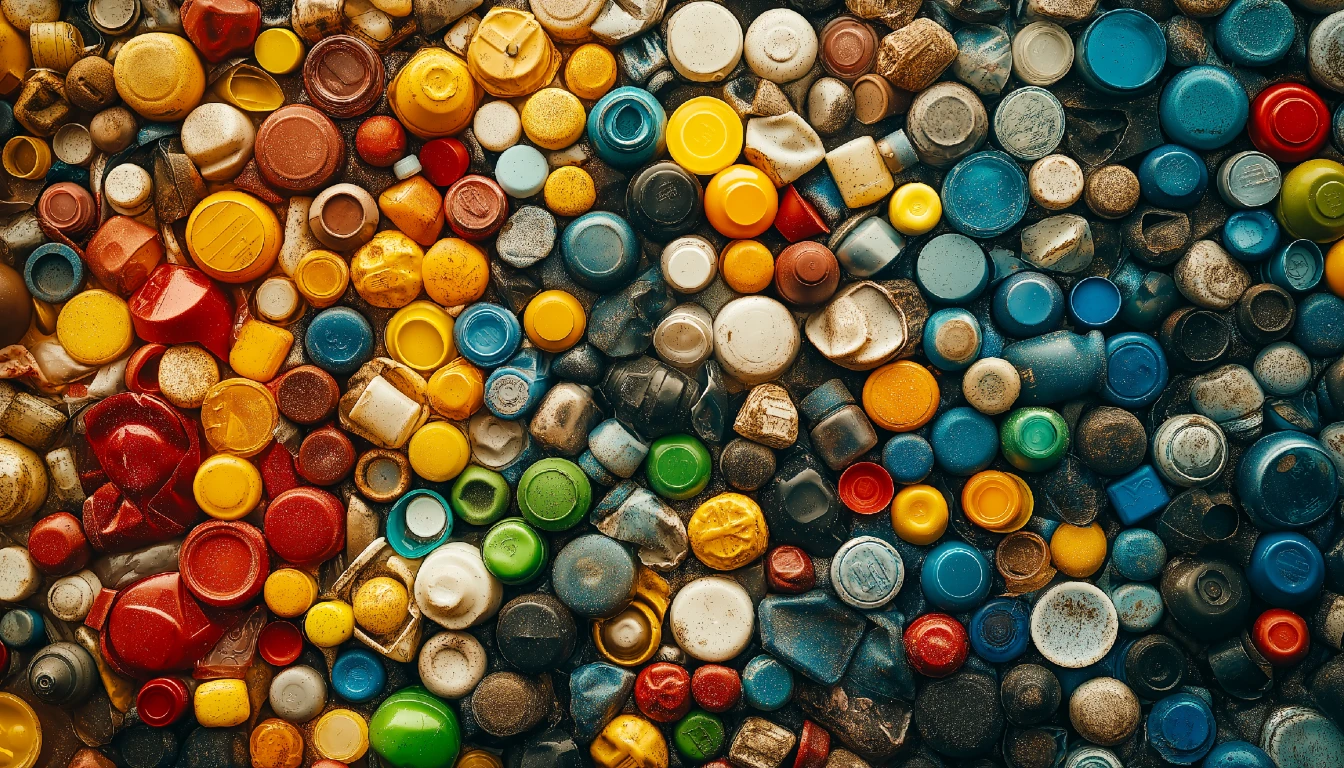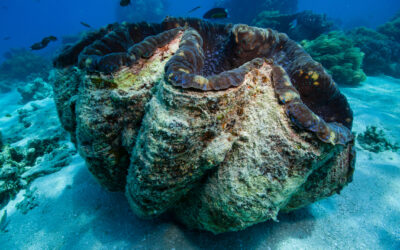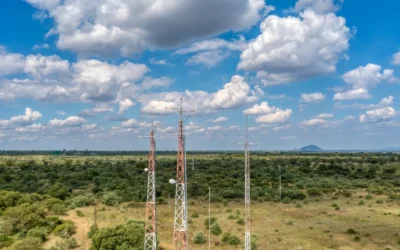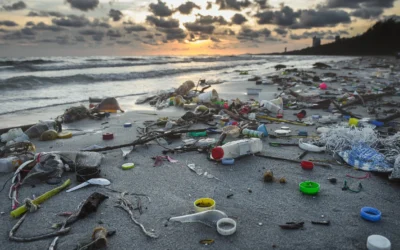A study by German researchers reveals promising fungal strains capable of degrading plastics, highlighting a potential breakthrough in the fight against plastic pollution.
The new scientific study called “Tapping Into Fungal Potential: Biodegradation of Plastic and Rubber by Potent Fungi,” published in Science Direct, investigates the capabilities of various fungal strains to degrade some of the most commonly used polymers, paving the way for novel bioremediation techniques.
The extensive research focused on 18 fungal strains to evaluate their ability to decompose polyurethane (PU), polyethylene (PE), and tire rubber. Among these, Fusarium, Penicillium, Botryotinia, and Trichoderma exhibited particularly promising results, capable of thriving on these polymers without relying on any other carbon sources. This adaptability positions them as viable candidates for bioremediation efforts.
Hans-Peter Grossart, one of the co-authors of the study, emphasized that while fungal bioremediation represents a significant step forward, it is merely a component of a much-needed broader strategy to prevent plastic pollution. Speaking to Reuters, Grossart stressed the necessity of minimizing plastic release into the environment to begin with.
“We should definitely try to release as little plastic as possible into the environment,” said Grossart. “Plastic is made from fossil carbon and if the mushrooms break it down, it’s no different to us burning oil or gas and releasing CO2 into the atmosphere.”
Plastic pollution continues to be a staggering global issue, with humans producing over 350 million tons of plastic waste annually. The future looks even more daunting, as data from Statista projects that this figure could potentially triple by 2060 if current trends persist. The International Union for Conservation of Nature (IUCN) estimates that approximately 20 million tons of this plastic end up contaminating our natural environment each year, a number that is expected to rise.
The study’s findings suggest that fungi’s ability to metabolize plastic as a fuel source may be an evolutionary response to the overwhelming presence of plastic carbon in the environment. Without proactive intervention, plastic waste can endure in ecosystems for anywhere between 20 to 500 years before degrading.
The prospect of leveraging fungi in controlled environments such as sewage treatment plants, which already house millions of pieces of microplastics, opens new avenues in the fight against plastic pollution. However, Grossart’s cautionary stance reinforces the importance of addressing the root cause of plastic contamination.
As scientists continue to explore and optimise such innovative solutions, the global community faces a critical need to implement more stringent policies and practices to curb the ever-growing plastic footprint.




